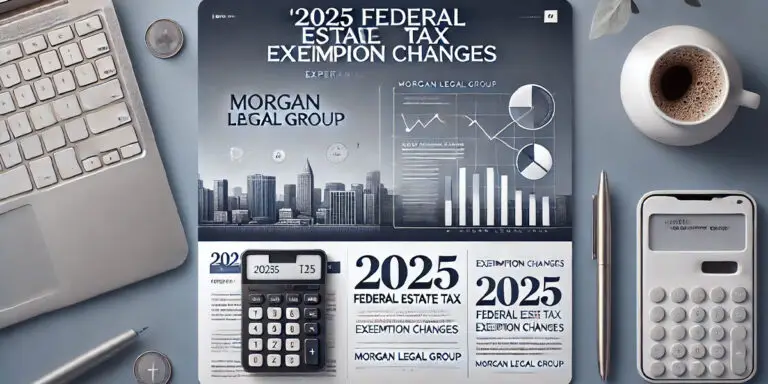
Estate Planning
2025 Federal Estate Tax Exemption Changes
Understanding the 2025 Federal Estate Tax Exemption Changes in New York As we approach 2025, a significant shift is on the horizon for federal estate
Home » Federal Estate Tax Changes

Understanding the 2025 Federal Estate Tax Exemption Changes in New York As we approach 2025, a significant shift is on the horizon for federal estate